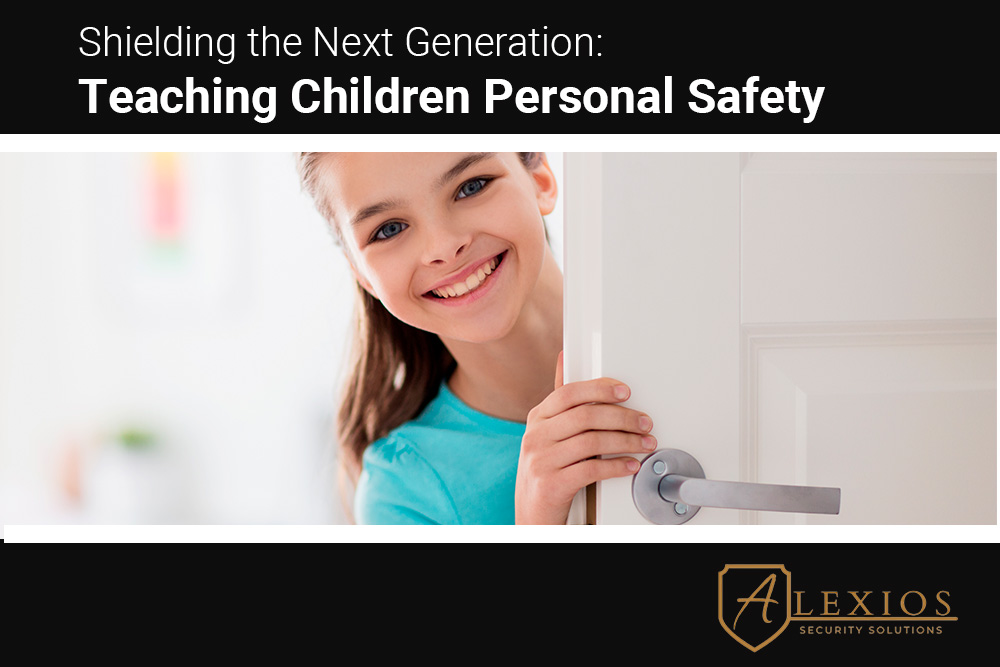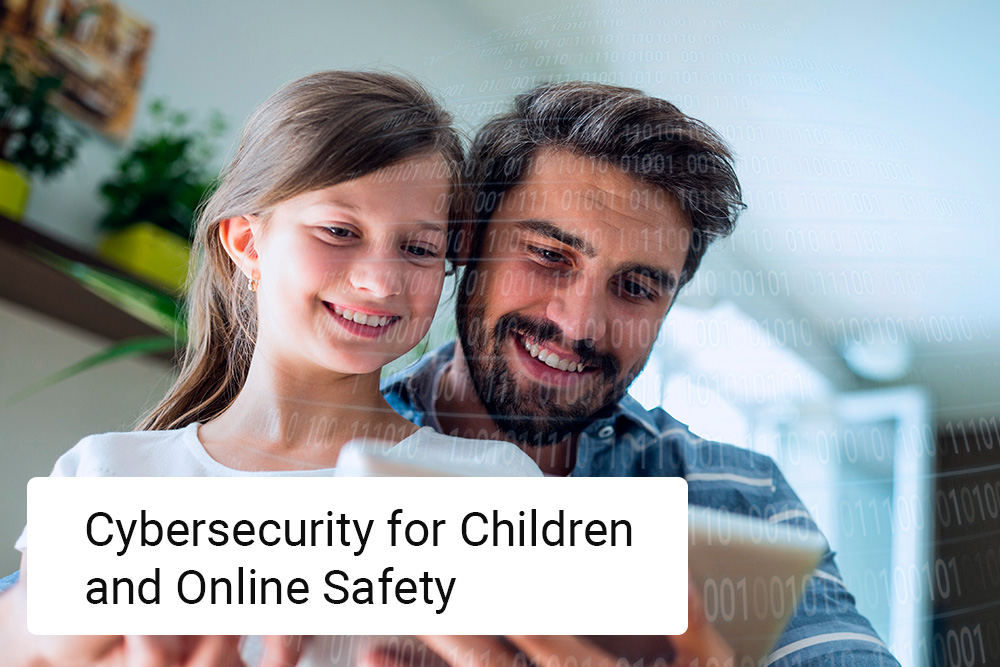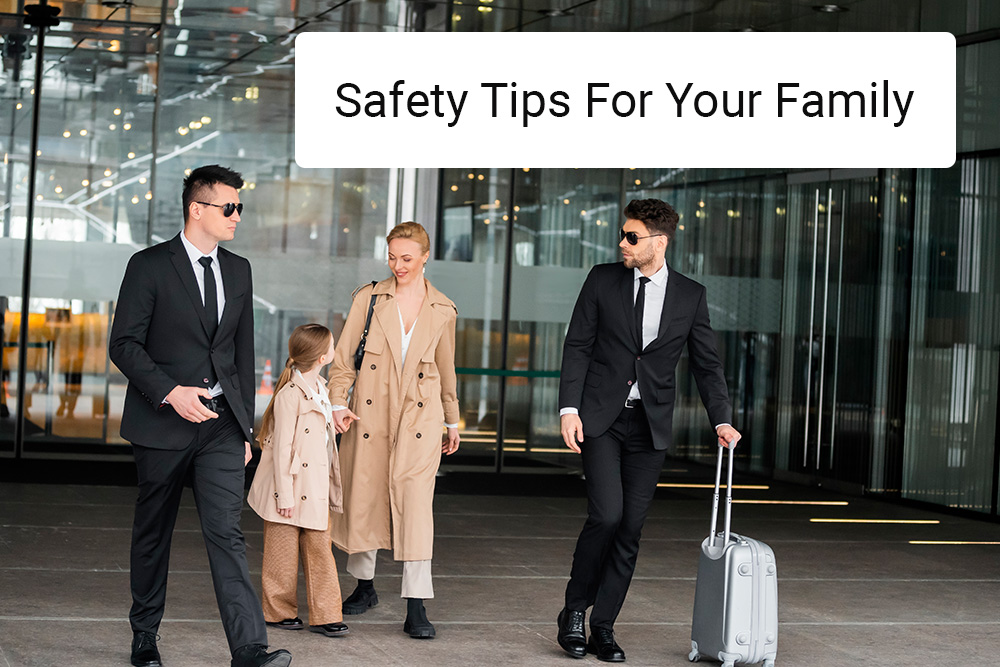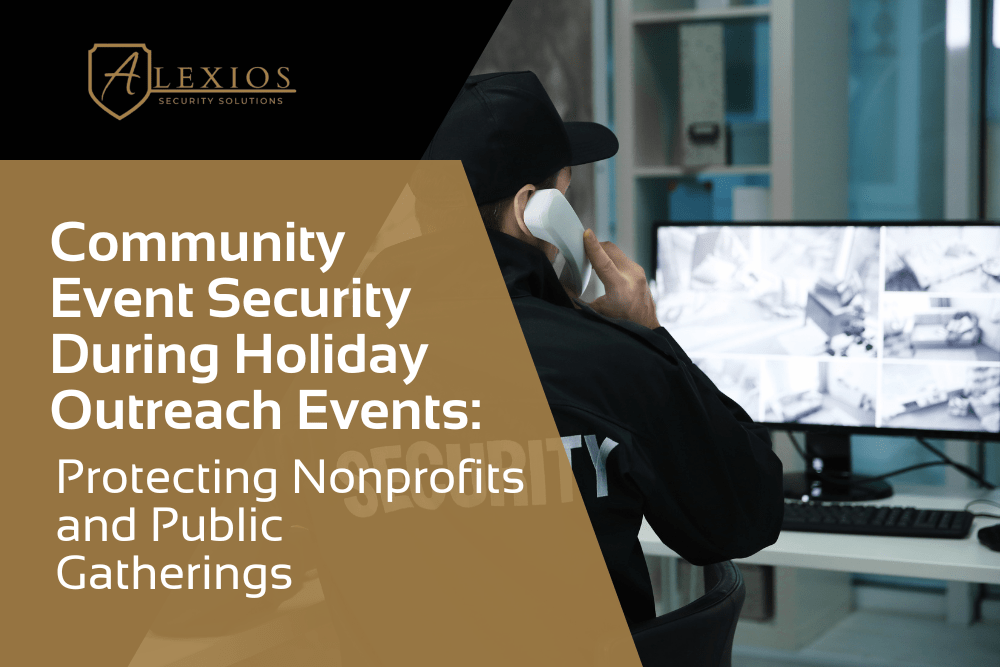
The most important duty that parents have is to make sure that their children are safe and protected. There are many different aspects to this, some more complicated or challenging than others, but among the most crucial is teaching them about situational awareness.
Let’s look at a few reasons why teaching children about keeping themselves safe is important, how to do it, and a few general tips to help you have this important conversation with your children.
Why Teach Children About Personal Safety?
It is imperative to teach your kids personal safety no matter how old they are, as children of all ages will benefit from having these conversations. They should also be tailored to the child’s age, as a three-year-old will need different safety tips compared to a teenager.
The goal is obviously not to scare them or make them believe that every single person they see at a grocery store is a potential threat. Instead, the focus should be on making sure they’re comfortable telling you, their teachers at school, and other trusted adults if they feel unsafe.
When Should I Have the Conversation with My Child?

The right age to talk to your child about personal safety will depend greatly on your child’s reasoning and communication skills, age, and development, among other factors. There is no “one-size-fits-all” answer, but if you feel your child has the reasoning skills to understand what you’re talking about and how they should respond in certain situations, now could be the perfect time.
If your child isn’t quite at the level where you think you’re ready for a full conversation, you can start laying the groundwork with simple pieces of advice like “Don’t talk to strangers because you don’t know if they’re good or bad.” Most children have seen enough videos, etc. that they’ll understand what you mean by “a bad guy.”
How to Start the Conversation with Your Child
The first thing to keep in mind is that it’s completely okay and normal to feel weird or uncomfortable about having this talk with your child, especially if they’re in the middle of the “why?” phase, where they question everything that comes out of your mouth.
If you are feeling that way, it’s best not to let the child pick up on those feelings. If they think you’re scared or nervous, they might ignore what you’re saying, focus on those emotions, and become anxious or sad.
The next step is to make sure they understand that you want to keep them safe. In addition to explaining the concept of safety to them, they need to understand why it’s important that they follow these rules. If they understand, they’ll be more likely to obey.
Important Points to Cover When Teaching Children Personal Safety

You’ll want to bring up several important points during the conversation, like not getting into cars with adults they don’t know, not accepting gifts from people who might be trying to groom them, and leaving a public bathroom if they feel uncomfortable.
It’s also crucial that they understand that if they ever feel uncomfortable or scared, they can always say “no” and tell a trusted adult. You will probably have to clarify that this only extends to situations where they could be in danger and not about saying “no” to doing chores or finishing dinner because they probably will not understand the difference right away.
The child should also know their last name, address, and phone number in case a situation does arise while they’re at school or in another place, and they need a trusted adult to get the child back to you safely.
For younger children who may not understand more adult concepts, you can teach them Ditto’s Three Rules:
1. We all have the right to feel safe with people
2. It’s okay to say “no” if you feel unsafe or unsure
3. Nothing is so yucky that you can’t tell someone about it
Finally, it’s important to let the child know that they’re allowed to set personal boundaries. If they’re uncomfortable with an adult’s word or touch, they should absolutely feel free to tell you and know that you’ll take it seriously.
Even if it’s something that might seem innocent, like a touch on the arm that lingers too long or an adult making an inappropriate joke about the child, it will be better for everyone in the long run if the situation is dealt with immediately.
Cybersecurity for Children and Online Safety

Some children, especially teenagers, will likely have a computer, phone or a tablet for their schoolwork that they also use for Facebook, instant messaging, Reddit, or other forms of social media. They should be taught cybersecurity best practices to make sure that they’re not accidentally revealing too much information.
It’s a good idea to ensure the child’s username doesn’t include their phone number, home address, date of birth, school name, or anything else that could be used to identify them. Facebook, Twitter, and Instagram profiles should have the visibility settings changed so that their posts are only visible to people on their friends’ lists.
Safety Tips for Your Family

- Some children may be afraid that if they say anything, the adult might get into trouble or make their day at school more difficult by retaliating. It’s important to reassure them that their safety is the most important thing to you.
- If a child will be home alone after school while you’re still at work, it may be a good idea to undertake home safety training to make sure the house is secure.
- Maintaining regular communication with your children is key for many reasons in addition to safety. Children who feel comfortable talking to their parents will be more likely to reveal an incident if one takes place.
- Setting safety rules like curfews and regular check-in times for teenagers is also a good idea. They might not be immediately receptive to being told they have to be home by 9 or 10 p.m. on weekends, but it’s far safer than letting them stay out until 2 a.m.
These are just a few safety tips for your kids to understand that will help keep them safe at school, online, and in other places where you won’t be around to watch over them. Although it won’t be a fun conversation, it’s important to make sure your children feel safe and understand how to protect themselves.
By discussing safety best practices, running a home security assessment, and making sure your children understand what’s okay and what isn’t, you can help protect your family for years to come.





